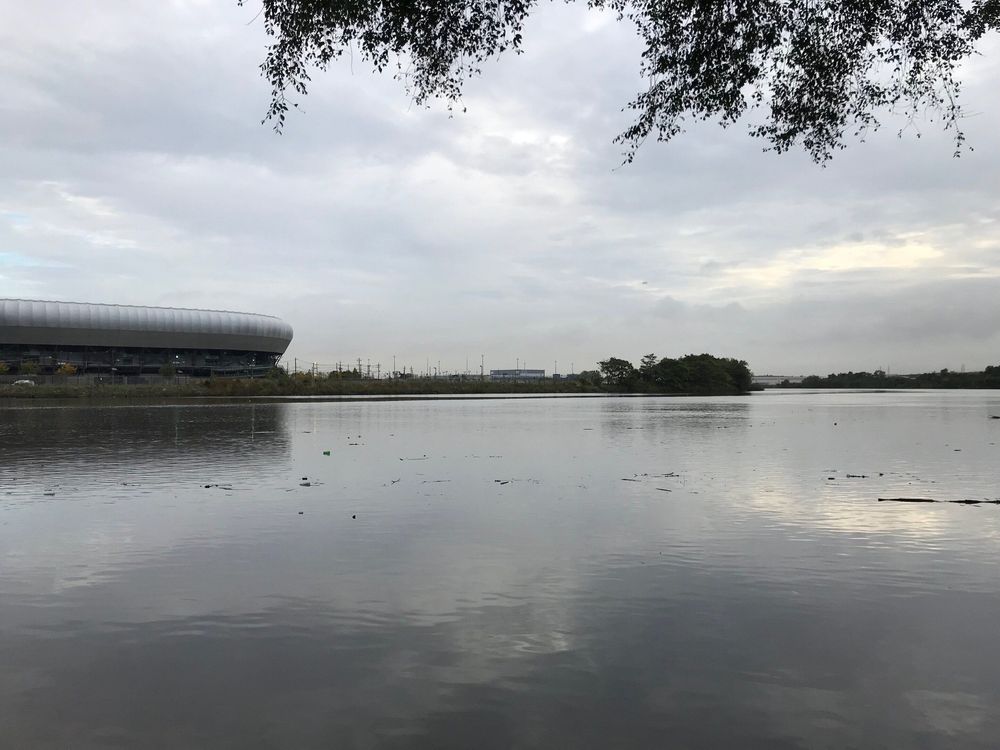Bacteria that can help defuse highly toxic dioxin in sediments in the Passaic River—a Superfund hazardous waste site—could eventually aid cleanup efforts at other dioxin-contaminated sites around the world, according to Rutgers scientists.
Their research, published in the journal Environmental Science & Technology, needs further work to realize the full potential of the beneficial bottom-dwelling microbes.
“The bacteria-driven process we observed greatly decreases the toxicity of dioxin,” said senior author Donna E. Fennell, a professor who chairs the Department of Environmental Sciences in the School of Environmental and Biological Sciences at Rutgers University–New Brunswick.










Comments are closed.